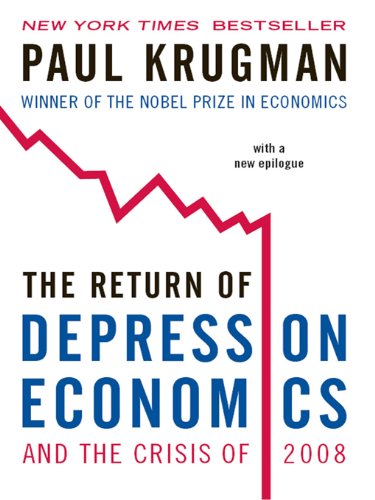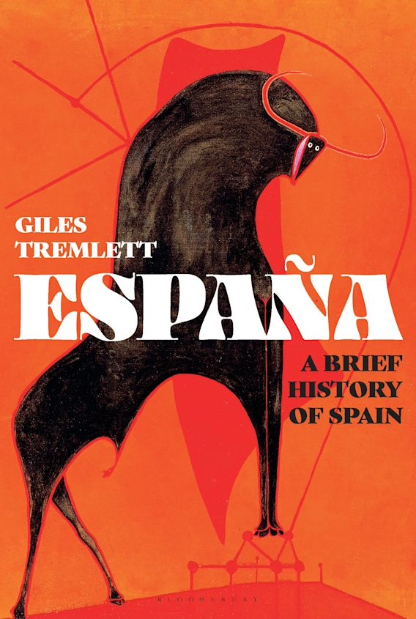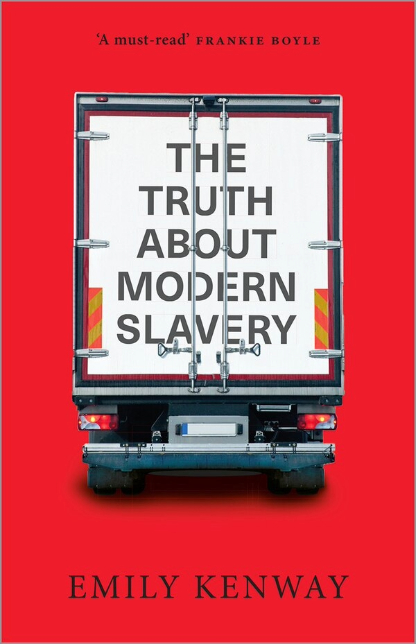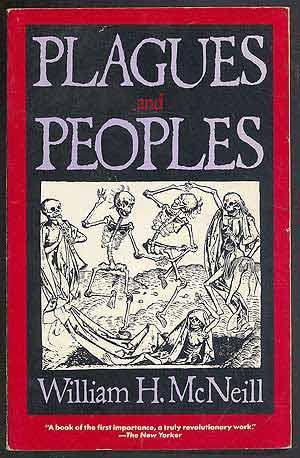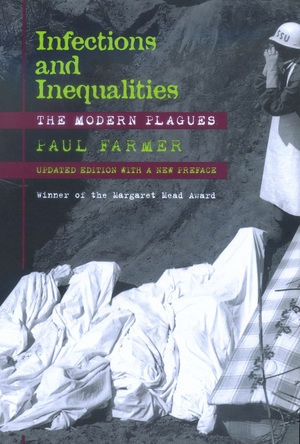We, the Survivors, Tash Aw, Hamish Hamilton, 2019, pp.326, ISBN 978-0-7352-3855-8
After British Malaya on the brink of Japanese invasion (The Harmony Silk Factory), post-colonial crackdown on leftists in Indonesia and Malaysia (Map of the Invisible World) and bustling Shanghai (Five Star Billionaire), Tash Aw has turned his narrative lens to present-day Malaysia in his We, the Survivors. In his new book, Aw weaves the personal with the global. Inequality, prejudice, poverty and racism plays out alongside broader processes of globalization and climate change that together make up the characters and their stories.
The novel opens with a murder, committed by the book’s protagonist Lee Hock Lye, or Ah Hock, under unclear circumstances. The ensuing narrative retraces Ah Hock’s life from his growing up in a coastal village in Malaysia, moving out of the village and finding precarious employment in Kuala Lumpur, and finally, a more stable job as an overseer of a tilapia farm. The novel is structured as an interview, conducted by a sociology post-graduate Su-Min, who wishes to write a book of ‘narrative non-fiction’ about Ah Hock. Long episodes of reminiscence, set in the ‘90s, are punctured by short and solemn interactions between Su-Min and Ah Hock, often acting as a transition between different moments in Ah Hock’s history.
While the novel opens with a murder, we do not fully grasp what the motive of the crime was until the end. Yet, the murder does not shape the novel. Ah Hock’s hardships are representative of impoverished coastal communities suffering the effects of globalization and environmental degradation. Lack of employment and sustenance had forced Ah Hock’s father to seek employment as a migrant labourer in neighbouring Singapore, with the hope of sending back a portion of his salary. However, he decides to stay, thus leaving Ah Hock and his mother alone. Left without a source of income, they decide to develop a farm and sell vegetables at a local market. After a honeymoon phase, which saw their fortunes turn, an unusually high tide floods their garden and their house. In this episode, Aw emotionally portrays the suffering of the poor and the devastating effects climate change has on their livelihood.
In We, the Survivors, a grim picture contrasting the poverty of Malays and refugees emerges. The refugees, coming from Myanmar, Indonesia and Bangladesh, are treated with disrespect by their employers. Their exploitation is visible in the way they are addressed and thought of. They are ‘undeserving black devils’ who are deemed ungrateful because they cannot go beyond their bodily limits. Their exhaustion and illness are seen as a direct affront to the employer, which becomes a cause for their dismissal. They are the ‘disposable people,’ sacrificed for the pursuit of profit, found on the construction sites building the Malaysia of others, yet not partaking in the fruits of their labour. They live in jungles, hide from the authorities and live in fear of being beaten, imprisoned and deported to their countries of origin. Their vulnerability is exploited by people smugglers, such as Keong, Ah Hock’s friend from the village. It is ultimately this combination of profiles and histories that leads Ah Hock to commit the murder.
In We, the Survivors, Aw has told a beautiful tale of quiet desperation at the face of injustice not perceived as such, because the horizons of the possibility of the poor and the foreign do not reach the realms of normality of everyday life. Yet, they survive. Ah Hock survives, and so do the refugees, who enter far-away places in hopes of finding shelter and securing their subsistence, but are confronted by the horrors of capitalism and the havoc it wreaks on the planet and the society.
